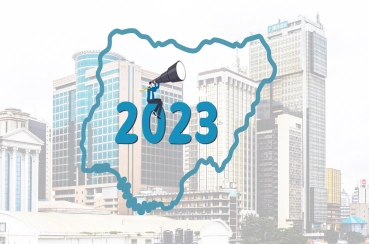
Another promising African startup shuts down. This time, it is Okra, the Nigerian fintech once hailed as a pioneer in Open Banking, which raised over $16 million and onboarded major partners like Renmoney, Branch, and AIICO. In just five years, it scaled fast, launched a cloud platform, and shaped Africa’s digital finance narrative before unexpectedly winding down operations in 2025.
Okra is not alone. Across the African continent, a troubling pattern is emerging: for every startup that succeeds, many more raise impressive funding rounds, scale quickly, and then collapse just as fast.
So, what exactly is going wrong?
Are We Creating Real Value or Just Chasing Hype?
Many startups launch with excitement but without deep product-market fit. Okra’s early offering—an API enabling secure financial data access was visionary. But was the demand as deep as the pitch suggested?
Are We Measuring What Matters?
Startups often showcase impressive numbers: signups, integrations, and downloads. But are those indicators of true market adoption or just vanity metrics? In Okra’s case, even with a 175% API usage increase, sustained revenue growth and customer retention didn’t follow.
Are We Scaling Systems or Just Teams?
Many African startups scale too fast without solid internal systems. In Okra’s case, rising infrastructure costs, especially dollar-denominated cloud services, forced a reactive pivot into a cloud platform (Nebula). But lacking the capital and systems to build a competitive infrastructure product, this move stretched the team too thin. Without strong operations, even visionary ideas can buckle under pressure.
Is Leadership Prepared for the Long Haul?
Startups often rise or fall with their leadership. While Okra’s founders were technically strong and mission-driven, rapid pivots and rising pressures may have exposed strategic gaps.
Do We Have the Right Talent at the Top?
As startups evolve, so do the demands of leadership. Technical brilliance must be paired with business acumen, people management, and adaptability.
Blindly Copying the Silicon Valley Playbook?
Too many African startups import models built for Silicon Valley—high burn, rapid scale, low margins—without adapting to local realities. In markets with currency instability, low digital trust, limited infrastructure and price-sensitive consumers, strategies must be rethought. Okra’s move into the cloud mirrored Amazon Web Services, but Nigeria is not California, and investor timelines here are not infinite.
What Global Research Says: It Is Not Just the Founders
Research shows that startup failure is rarely due to one factor. Harvard Professor Tom Eisenmann highlights patterns like:
- False Starts: Launching a product before fully validating customer demand.
- Bad Bedfellows: Hiring the wrong team, onboarding misaligned investors or choosing ineffective partners.
In Africa, these problems are compounded by limited access to experienced operators, high infrastructure costs and investor expectations that are not always rooted in local reality.
Time for a New Conversation
The African startup ecosystem is rich with ideas, talent and ambition. But the high rate of failure suggests it is time to move beyond funding headlines and start asking harder questions.
Let us build startups that:
- Prioritise deep customer discovery.
- Focus on measurable value over vanity metrics.
- Invest in strong operational foundations.
- Cultivate leadership maturity and local relevance
It is time to rethink what success means and start designing ventures that are as resilient as they are innovative.
NB: These are views expressed by professional commentators.








Leave A Comment